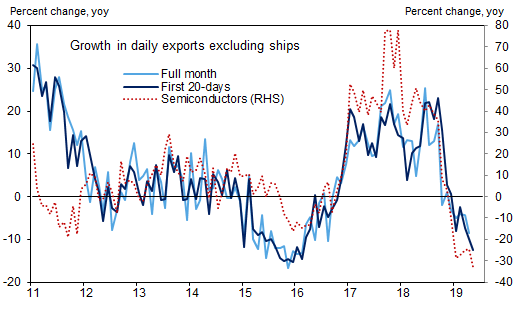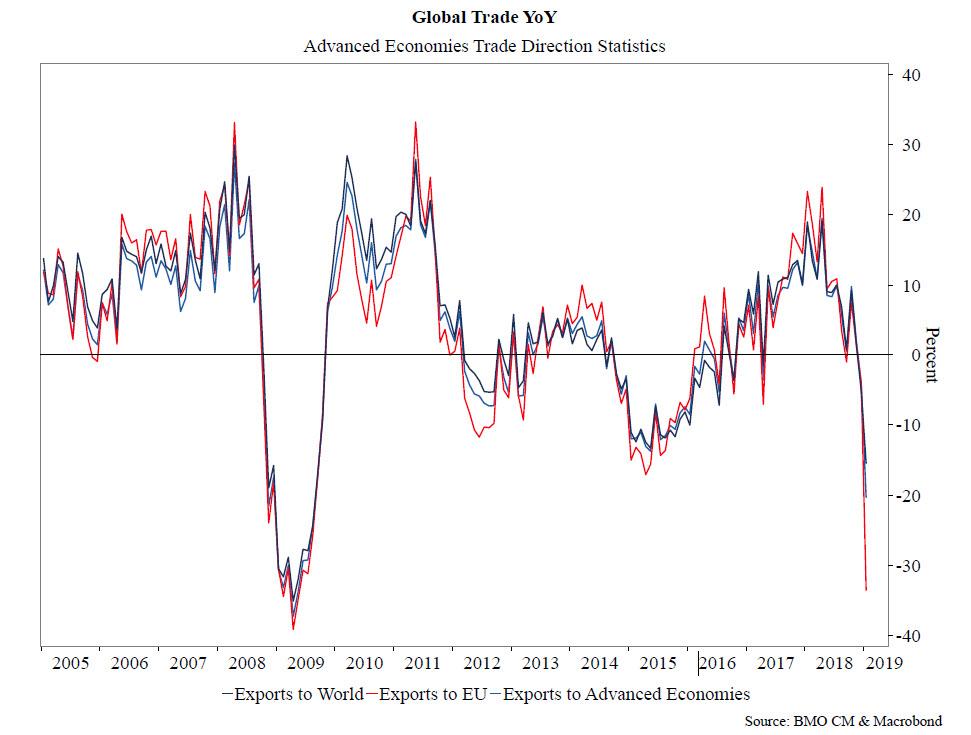The bilateral trade war between the US and China is gradually becoming a global trade war of global geopolitical and commercial dominance between the US and Chinese spheres of influence.
Shortly after the two largest mobile phone companies in the UK decided against launching Huawei-built 5G phones this morning, and roughly around the time a bevy of Japanese tech and telecom companies including ARM Holdings, Panasonic and SoftBank all imposed a boycott on supplying Huawei with mission critical components joining Australia, and New Zealand as major US allies to end commercial relations with Huawei following the US decision to crack down on the Chinese telecom giant (see “Huawei Feels U.S. Squeeze in U.K., Japan as Partners Curb Business“) the White House is now pressuring another critical Chinese trading partner – South Korea – to cease ties with Huawei.
According to the Chosun Ilbo newspaper, the US recently asked South Korean government to support and join its anti-Huawei campaign.
Forcing Seoul to pick sides in a fight it would rather stay out of – especially since both sides still bear a distinct grudge from the Korean war – the US delivered a message several times to S. Korea’s Foreign Ministry that “using Huawei products may cause security problems” and as a result, the US requested S. Korea’s “active” support of US policy toward China as South Korea is seen as an American ally.
More from Chosun, google translated:
A diplomatic source in Seoul said, “We have been constantly communicating to the Ministry of Foreign Affairs that there is a risk of security problems if the US government uses Huawei products through various diplomatic channels. “We have asked for cooperation in the policy.” The United States, which is in full control of Huawei due to trade pressure on China, has demanded that its allies such as South Korea join in.
U.S. State Department official told a S. Korean govt official that LG Uplus should not provide services in sensitive areas in the country and that S. Korea needs to ban Huawei in the end, though not immediately
For now, the pressure campaign has failed to generate success: while the Ministry of Foreign Affairs expressed its sympathy for the concerns of the United States, it has so far been hesitant to take a stand, saying, “it is difficult for the government to intervene in the decision-making of private enterprises” and expressed reservations about the request.
As Chosun adds, citing members of the telecom and IT industry, if the Korean government stops importing Huawei equipment at the request of the United States, it is estimated that the damage to the enterprise amounts to billions of dollars. If China takes retaliation against our company, the damage can snowball.”
On the other hand, South Korea’s own telecom giant, Samsung stands to benefit if Huawei, the world’s second-biggest smartphone vendor (having recently supplanted Apple) is crippled. Of course, if Seoul concedes to US demands, and joins Japan, Australia, New Zealand and other Pacific Rim nations in launching their own trade war against Beijing, China’s retaliation will be furious and will likely result in further collapse in trade among these nations. Which is a problem considering that just yesterday we pointed out the unprecedented plunge in South Korean exports for the first 20 days of the month.
As such, the longer the trade war between the US and China drags on, the more nations will join both either US or China in retaliating against the adversary, in the process plunging global trade even further. Which is also a problem, because as we showed last week, global trade has already plummeted to near depression levels last seen during the financial crisis.
Should trade get even worse, not even central banks will be able to “print” the trillions in trade and commerce that will be indefinitely mothballed.
via ZeroHedge News http://bit.ly/2X0OYwO Tyler Durden

